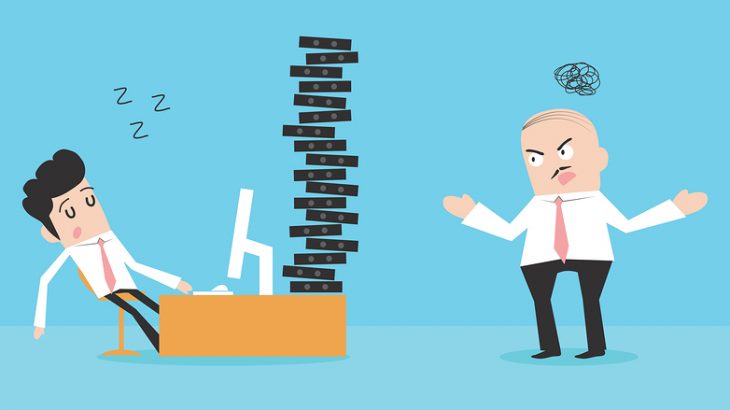Difficult employees can affect every aspect of a business, no matter what characteristic it is that makes them a problem. Lazy employees aren’t as productive and can miss deadlines. Angry employees can drive away your good ones. Gossipers can distract hard workers. Any problem employee that isn’t dealt with properly can affect the morale and productivity of your entire team.
But what can you do about a problem employee?
Find the Source
Depending on the difficult employee, there may be a cause of the problem. A lazy employee may not be feeling challenged. An angry employee may have problems with someone else. Someone missing deadlines may be helping someone else with projects or be swamped with too much work. Problems in an employee’s personal life may be affecting their work more than they realize.
Also More: HRCI Global Professional in Human Resources (GPHR)
Whatever the case is, it’s important to get to the bottom of the problem before deciding how to deal with it. Do not ignore the problem and hope it goes away on its own. This can lead a difficult employee to believe that their behavior is acceptable.
Listen to the Employee
Speak privately to the employee about their behavior and give them the opportunity to address it. There may be a crucial factor that you can’t discover on your own. The employee can bring their own perspective to the meeting and help you to understand what’s going on. Whether or not you can solve their problem for them, they may benefit simply from being heard and will feel listened to.
It’s important to avoid jumping to conclusions prematurely. Go into the meeting with an open mind and be careful not to sound accusatory.
Provide Clear Feedback
You can use that same meeting to provide feedback to the employee. They cannot make changes in their work or in their behavior if they don’t know what you want to be changed. Providing clear expectations and making suggestions for improvement can help any problem employees get back on track.
Make a Plan
It’s important to have a plan for the next steps after that first meeting. What will happen if the employee does not change their behavior? It’s important for managers to have a plan for handling continued bad behavior. It’s also important for employees to be aware of the consequences of their actions and behavior.
It’s vital to the productivity and morale of the rest of the company that any continued bad behavior does have consequences. Otherwise, the problem employee’s coworkers will see their punishment as a simple slap on the wrist and will believe that the company won’t do anything. This can encourage others to either behave in a similar manner or to decide to start looking for work elsewhere.
Be Prepared to Fire the Employee
Ultimately, you have to do what is best for your company and your employees. Firing someone is never easy or fun, but it can sometimes be what’s best for everyone else. If a difficult employee has been spoken to, warned, disciplined, and has not changed their behavior, it may be time to let them go.





